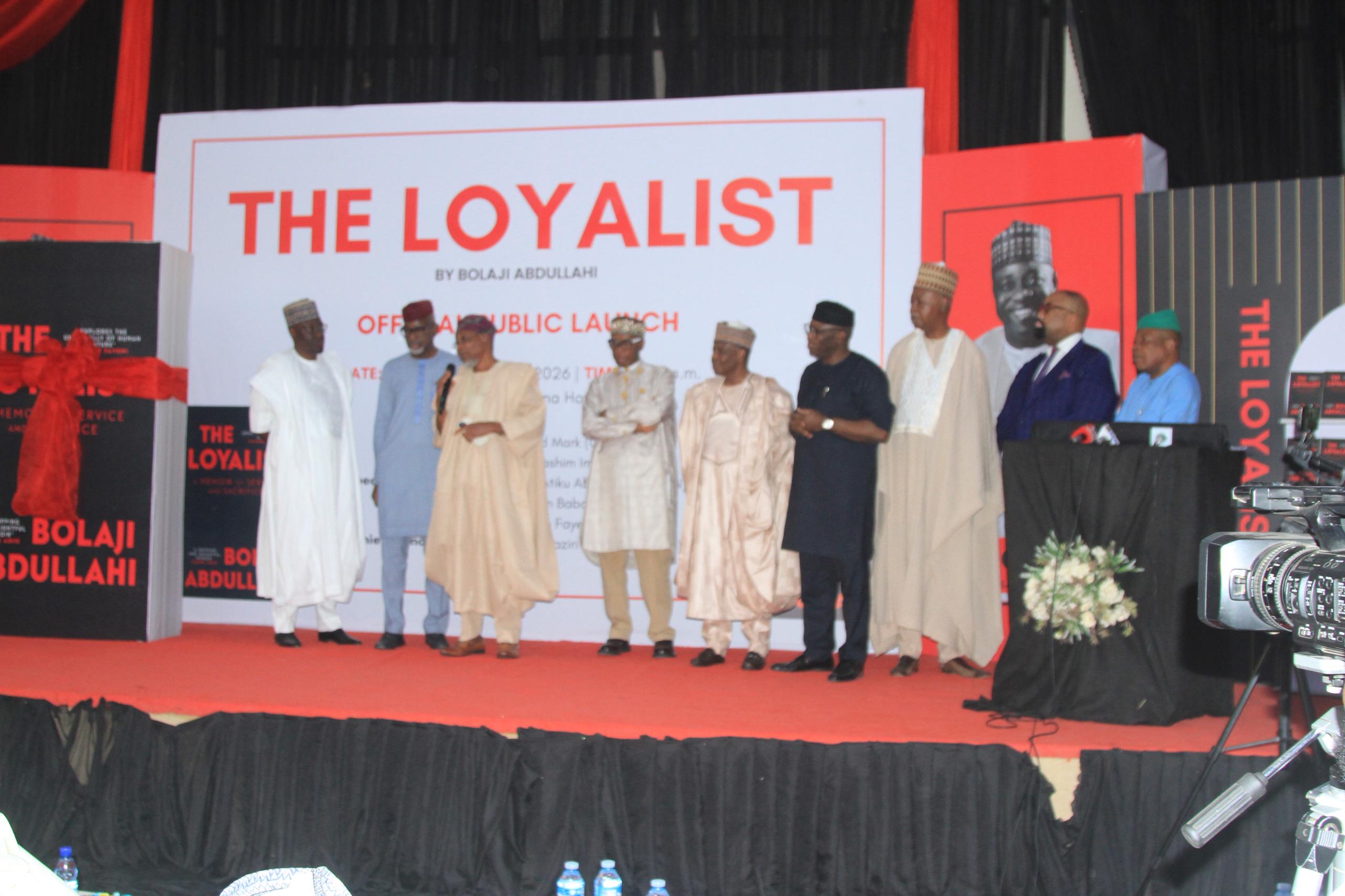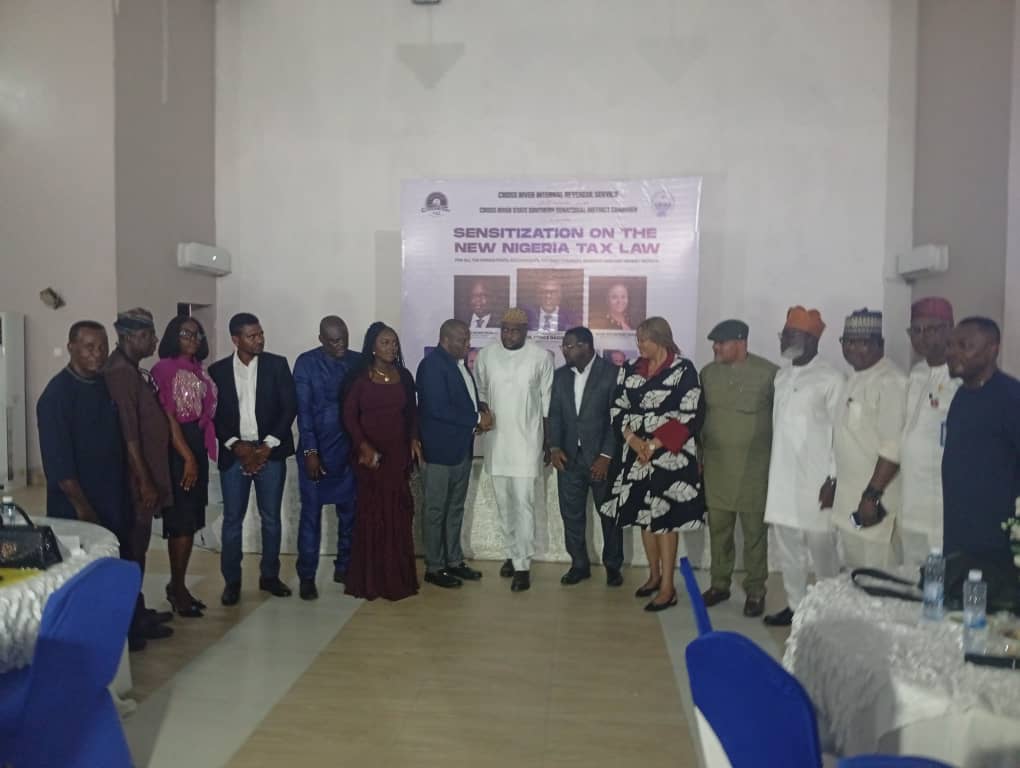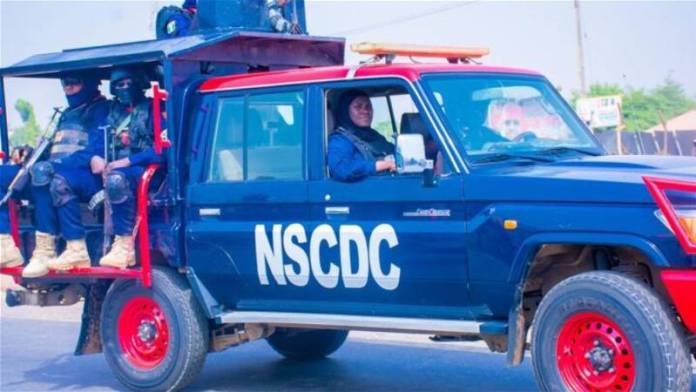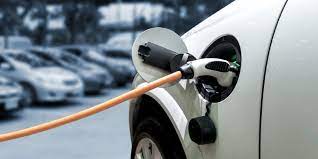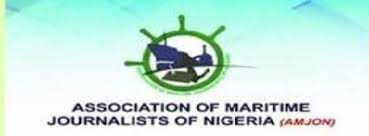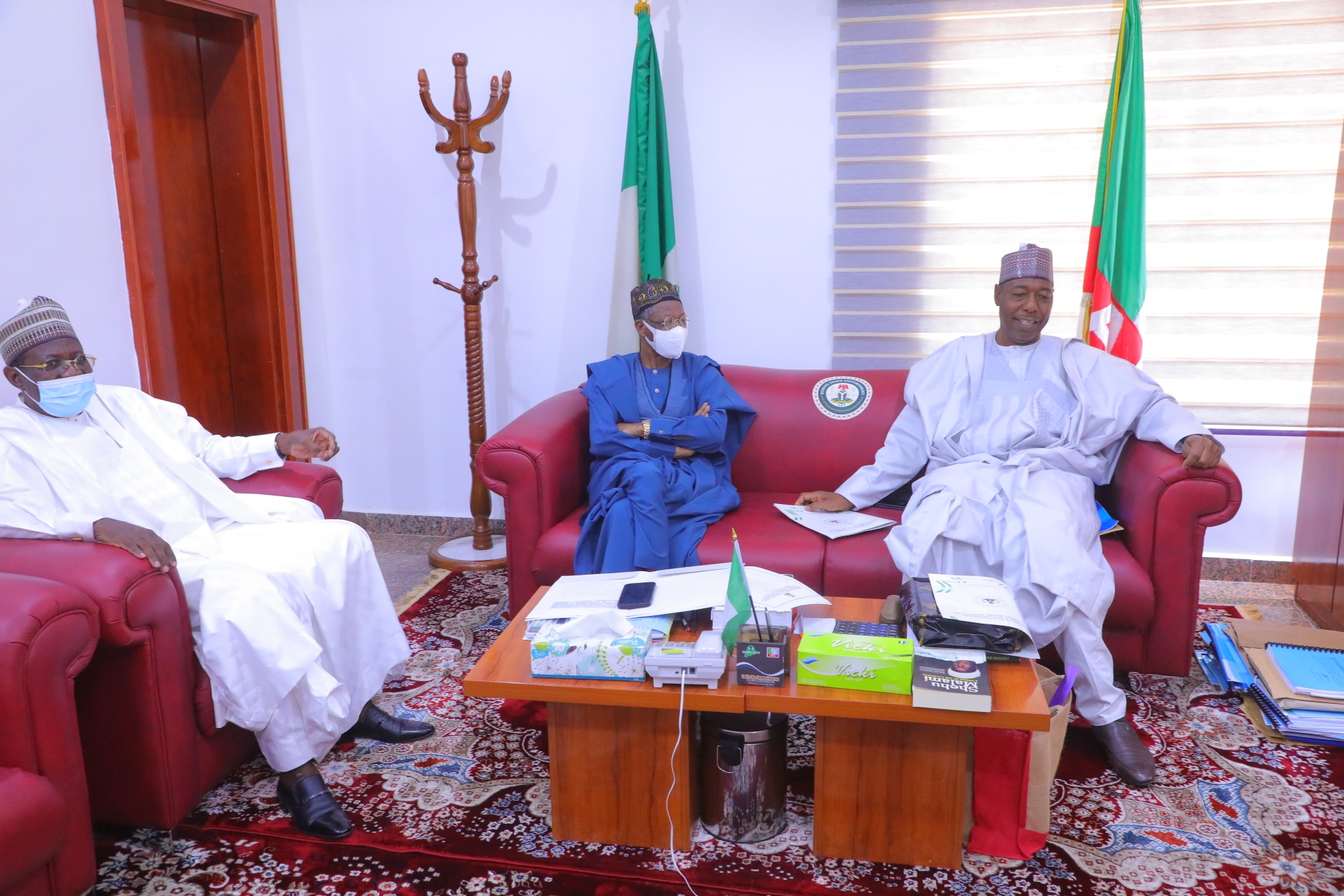…as NIMASA, NPA and CBN mulls NNPC’s move to avert fuel scarcity
The Federal Government, through the Nigeria Midstream and Downstream Petroleum Regulatory Authority (NMDPRA), one of the two new regulators in the nation’s oil and gas industry, has assured petroleum marketers of sustaining bridging claims, as part of its measures to forestall fuel scarcity and ensure sufficient and steady supply of Petroleum products, particularly Premium Motor Spirit (PMS), across the country.
This is just as the Nigerian Maritime Administration and Safety Agency (NIMASA), Nigeria Ports Authority (NPA) and Central Bank of Nigeria (CBN) are also studying the challenges around payment of dues and levies in US Dollars, following Nigerian National Petroleum Corporation’s (NNPC) agreement to accept naira payments from depot owners for the use of its vessels for transporting petroleum products to their facilities.
These were the outcomes of the meetings initiated by NMPDRA to resolve concerns raised by the marketing companies, regarding logistics of delivery and financing of the logistics and to further quell the perceived scarcity of petroleum products.
Against this backdrop, the Independent Petroleum Marketers Association of Nigeria’s (IPMAN) President, Mr. ChineduOkoronkwo, disclosed in an interview with NAN that the marketers had together with the commission, resolved the constraint of nonpayment for bridging claims.
Bridging, he explained is to close the gap between areas where there are products and those far from the depots.
He noted that the marketers had been skeptical about payments of the bridging and administrative charges which continued to apply, fueling fears of petroleum scarcity or increase in pump price. This, he assured had now been laid to rest.
In his words, “What happened was that marketers were afraid of bridging; that is transporting petrol from the depot to another depot that is experiencing supply shortfall due to distance.
“They were not sure of getting bridging payments especially with the scrapping of the Petroleum Equalisation Fund.
“However, following the assurance by the NMDPRA, marketers have agreed to resume their normal operations so there will not be an issue of scarcity in any location,” he said.
Adding, “Now that the authority has allayed fears that government will pay marketers for bridging, pending full deregulation, normal operations will resume.”
He submitted that areas; such as Lagos and Port Harcourt, that do not require bridging should no longer be included in the payments.
In a similar manner, the commission also met with NIMASA, NPA, NNPC, the Major Oil Marketers Association of Nigeria (MOMAN) and the Depot Petroleum Products Marketers Association of Nigeria (DAPPMAN), where all stakeholders agreed to collaborate to ensure smooth and efficient supply and distribution of petroleum products to all parts of the country. The key highlights as contained in the communique shared at the end of the meeting were that the:
“NNPC shall immediately revert to Naira denominated invoices for excess capacity for coastal movement for the time being.
“Nigerian Maritime Administration and Safety Agency, NIMASA and Nigerian Ports Authority, NPA are to engage their supervising Ministry and the CBN to seek ways of addressing the challenges relating to the payment of dues and levies in US Dollars.
“NMDPRA to engage stakeholders on the reconciliation of bridging claims. The Marketers/Depot Owners are to start charging the official ex-depot price immediately”.
The NNPC had before now, only accepted payments in US dollars from the marketers for charter vessels. However, this has become constraining and unsustainable for the oil marketers due to the shortage of foreign exchange.
Another significant highlight was the commission’scommitment to engage stakeholders in the midstream and downstream sectors of the oil and gas industry on the implementation of the Petroleum Industry Act (PIA) in the first quarter of 2022.
This newspaper had recently reported that the Nigerian Upstream Petroleum Regulatory Commission (NUPRC), the other regulator for the upstream sector, had on its part, begun engaging players on the implementation of the PIA.
The Petroleum Industry Act (PIA) was signed into law by President Buhari in August this year, with the hope of heralding a sound legal, fiscal and regulatory framework for business activities within the Nigerian petroleum industry.



